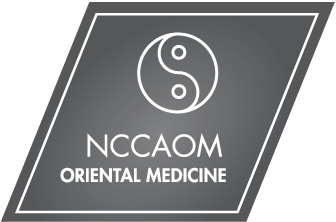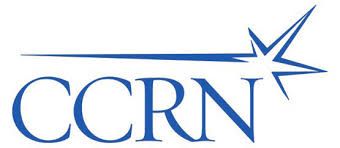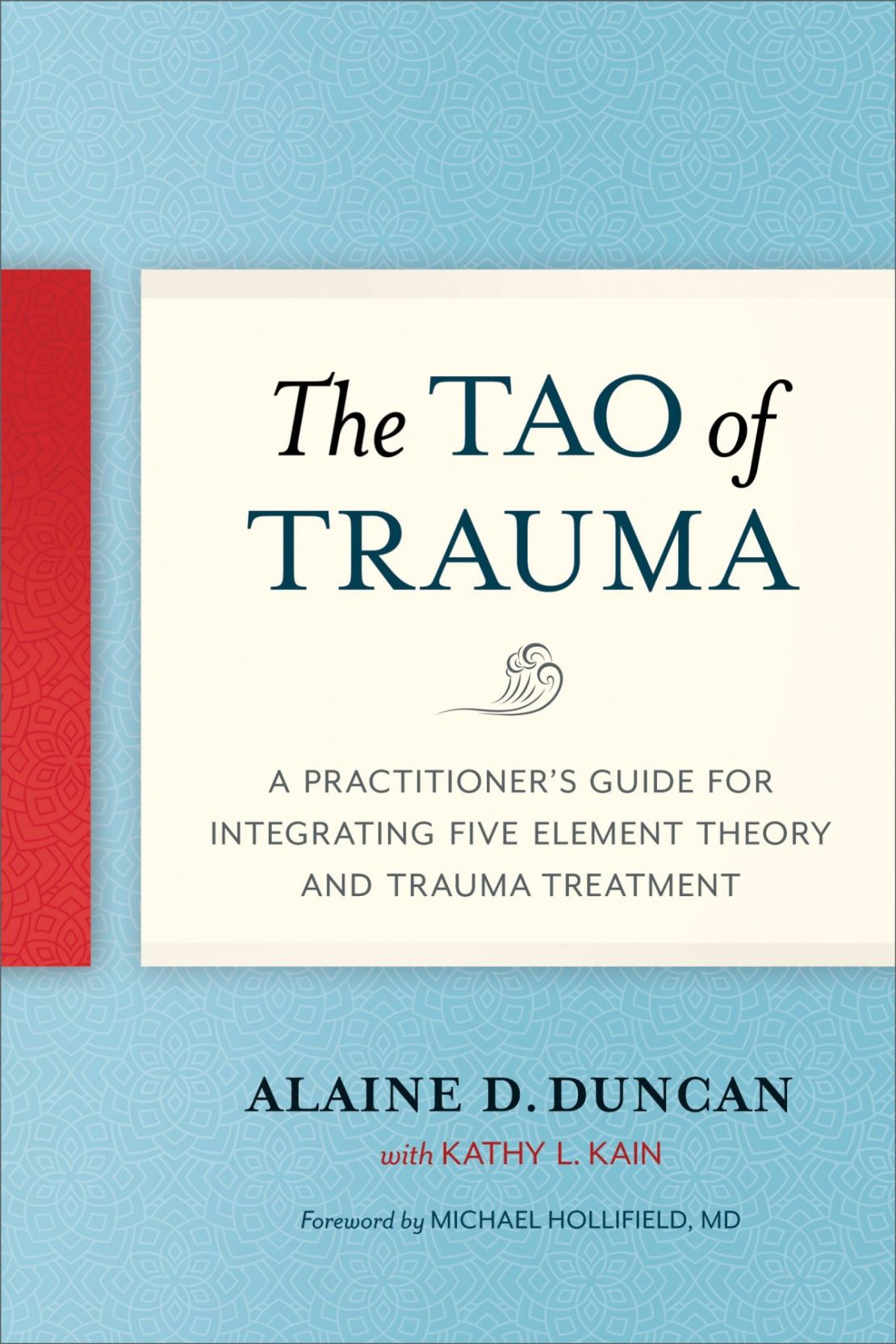My Certifications
- » Diplomate of Oriental Medicine
- » Tao of Trauma
- » Critical Care Registered Nurse (CCRN)
- » COVID-19 Pulmonary and Ventilator Care Micro-Credential
Diplomate of Oriental Medicine

A Diplomate of Oriental Medicine is a practitioner who is certified by the National Certification Commission for Acupuncture and Oriental Medicine (NCCAOM®) and has met the certification requirements for both acupuncture and Chinese herbology. It is a considerable professional achievement to earn the designation Diplomate of Oriental Medicine (NCCAOM). NCCAOM certification indicates to employers, patients, and peers that one has met national standards for the safe and competent practice of acupuncture and Chinese herbology as defined by the acupuncture and Oriental medicine (AOM) profession. For additional information, about the Diplomate of Oriental Medicine, please visit the NCCAOM Website.
Tao of Trauma
Dr. Coleman completed the year-long, five-session, 70 CEU Tao of Trauma course (based on: Alaine D. Duncan and Kathy L. Kain, The Tao of Trauma: A Practitioner’s Guide for Integrating Five Element Theory and Trauma Healing (Berkeley: North Atlantic Books, 2019.) in the Summer of 2023 and has continued to hone her skills as part of the course's Clinical Assistant team with subsequent cohorts.
The following is from an article published here: https://www.pacificcollege.edu/news/blog/2022/09/27/the-tao-of-trauma
Using the Law of the Five Elements to Restore Balance and Regulation in Trauma Survivors
By Alaine D. Duncan, MAc, DiplAc
Traditional Chinese medicine is a perfect match for the needs of trauma survivors. It is rooted in restoring balance and regulation. It can help reconnect disturbed pathways. It works below the level of cognition and helps people feel more embodied and become more present and self-aware. Trauma is vibrational illness and acupuncture is vibrational medicine.
Traumatic stress is defined not by the causal event but by the response of an individual to their experience. Trauma is anything we perceive as life-threatening, that overwhelms us, and leaves us altered and disconnected from our bodies. I like this definition: “Too much, too fast, without adequate support.”
The Tao of Trauma Model: A Guide for Treatment
Traumatic stress creates profound dysregulation in every body system. It is easy for acupuncturists, trained with an orientation to diagnose and treat symptoms, to get lost in the diverse and enigmatic dynamics these patients present with. However, treating discrete symptoms separate from attention to restoring core regulation and balance will not bring these patients “home” to themselves.
Trauma gives rise to unpredictable and unusual physiology and clinical outcomes that are often not accounted for in acupuncture training programs, in spite of their common presence in our patient population. We have a special role to play, a special diagnostic lens to look through and so much to offer.
Trauma and the Self-Protective Response
Acupuncture practices are filled with people with the “strange, rare, and peculiar” symptoms emblematic of the dysregulation in the autonomic nervous system caused by traumatic stress. Symptoms such as insomnia; chronic pain; metabolic and digestive disturbance; obesity; problems with memory, cognition, or mood; interpersonal challenges; and autoimmune illness or endocrine disorders, often intertwined as “complex, multi-symptom illness”, nearly impossible to tease apart as discrete phenomena.
The foundation of the Tao of Trauma model for transforming the impact of traumatic stress rests on these principles:
- Two-legged and four-legged animals navigate danger using the same five steps we will call the Self-Protective Response.
- These five steps, defined by neurobiology, are mirrored in the 5 Elements (of course!).
- Symptoms arise when the energetic impulse in any step is thwarted or remains incomplete.
- Successful completion of all 5 steps of the Self-Protective Response mitigates trauma’s imprint.
- An incomplete step will influence where the dysregulation of qi caused by trauma impacts and may remain in our body-mind-emotions and spirit.
- The correspondences of the 5 Elements can guide our diagnosis and treatment of trauma survivors.
Integrating Five Elements in Trauma Healing
I would challenge protocol-driven treatments as not being very helpful for trauma survivors. A lightning bolt hitting a tree affects every bug in its bark, bird on its branches, bush crushed by its fall, and soil disturbed by its uprooting. When we are similarly hit by a lightning bolt, our recovery may require quality minerals, water, new sprouts, warm sun, or good soil. All Five Elements—Metal, Water, Wood, Fire, and Earth—may be required to restore regulation.
Even more important than helping us manage acute danger or life threat, cultivating the capacities of the 5 Elements can help us live more fully and more harmoniously with our fellow humans and the earth. Consider the opportunities the 5 Elements provide us with to contextualize the tasks before us as a world community, and to help transform the divisiveness, polarization, and violence we witness.
Praise for The Tao of Trauma
“In bringing together the Five Elements theory from Acupunture and Asian Medicine, along with a somatically based understanding of trauma, this book fulfills an important role in the deep healing of trauma and stress-related disorders. The insights from this clearly written volume are tremendously important for therapists, bodyworkers, acupuncturists, physicians, and other healers. It will also help individuals better understand their perplexing symptoms and find pathways to healing.”
—Peter A. Levine, PhD, author of Waking the Tiger, In an Unspoken Voice, and Trauma and Memory and developer of the Somatic Experiencing® model of trauma healing
“We are a part of this natural world, and it is nature that heals our body, opens our mind, and awakens our spirit. In this pioneering book, Alaine Duncan and Kathy Kain draw on the wisdom of nature, and chart a rich and trustworthy pathway for working with trauma.”
—Tara Brach, PhD, psychologist, author of Radical Acceptance and True Refuge
Critical Care Registered Nurse (CCRN)

CCRN® (Adult) is a specialty certification for nurses who provide direct care to acutely/critically ill adult patients regardless of their physical location. Nurses interested in this certification may work in areas such as intensive care units, cardiac care units, combined ICU/CCUs, medical/surgical ICUs, trauma units or critical care transport/flight.
COVID-19 Pulmonary and Ventilator Care Micro-Credential
Micro-credentials are an emerging trend in academia and healthcare and are designed to validate your knowledge in a specific area of professional practice.
